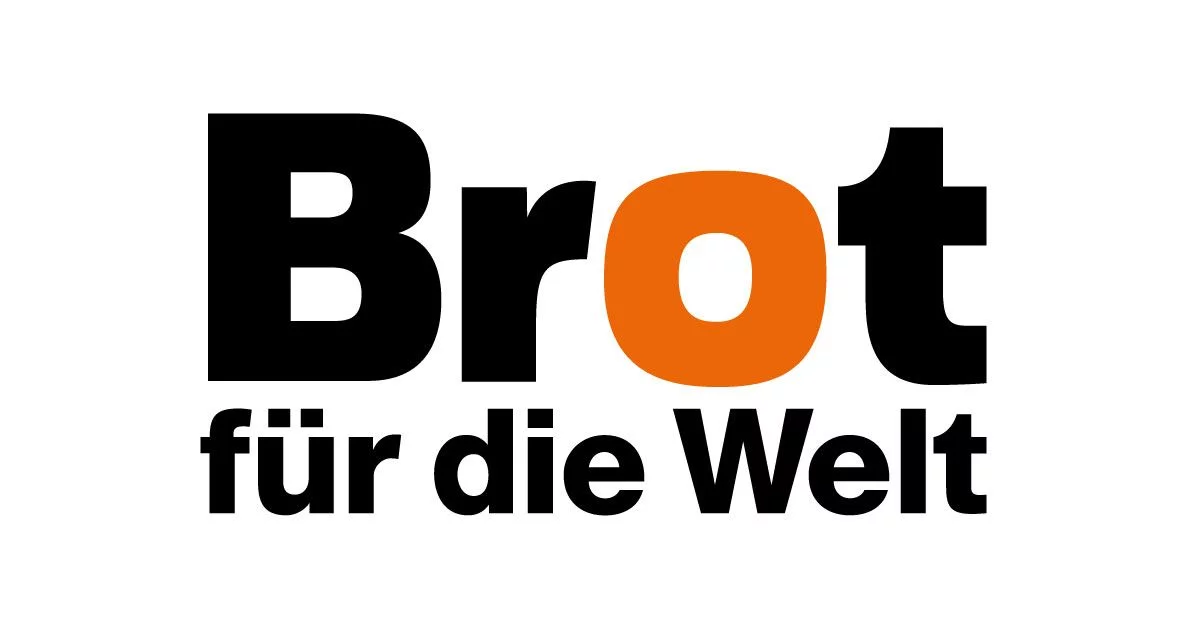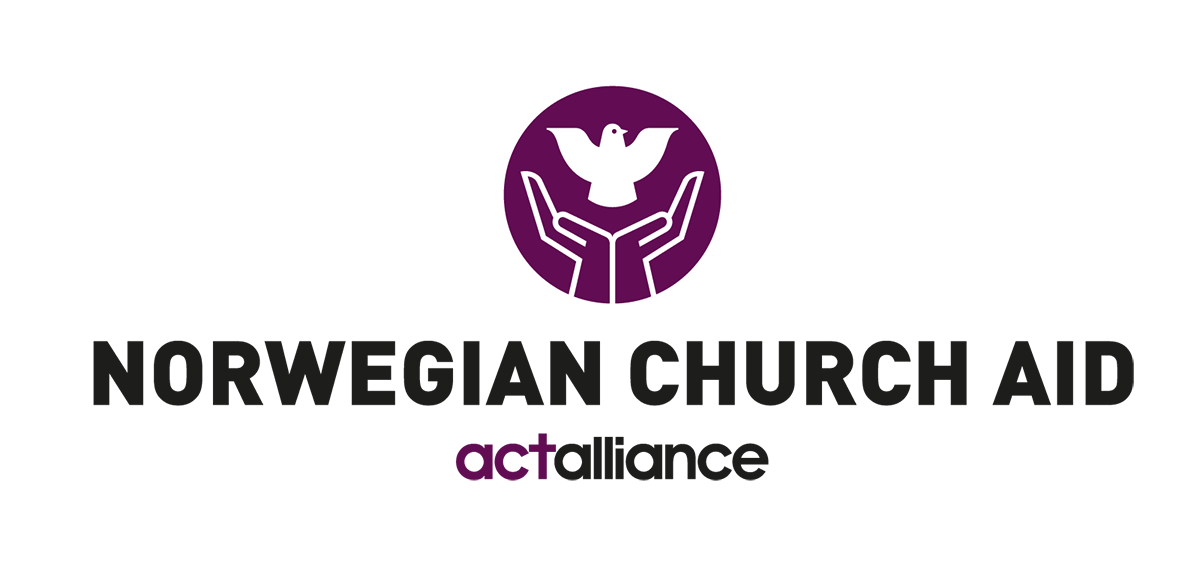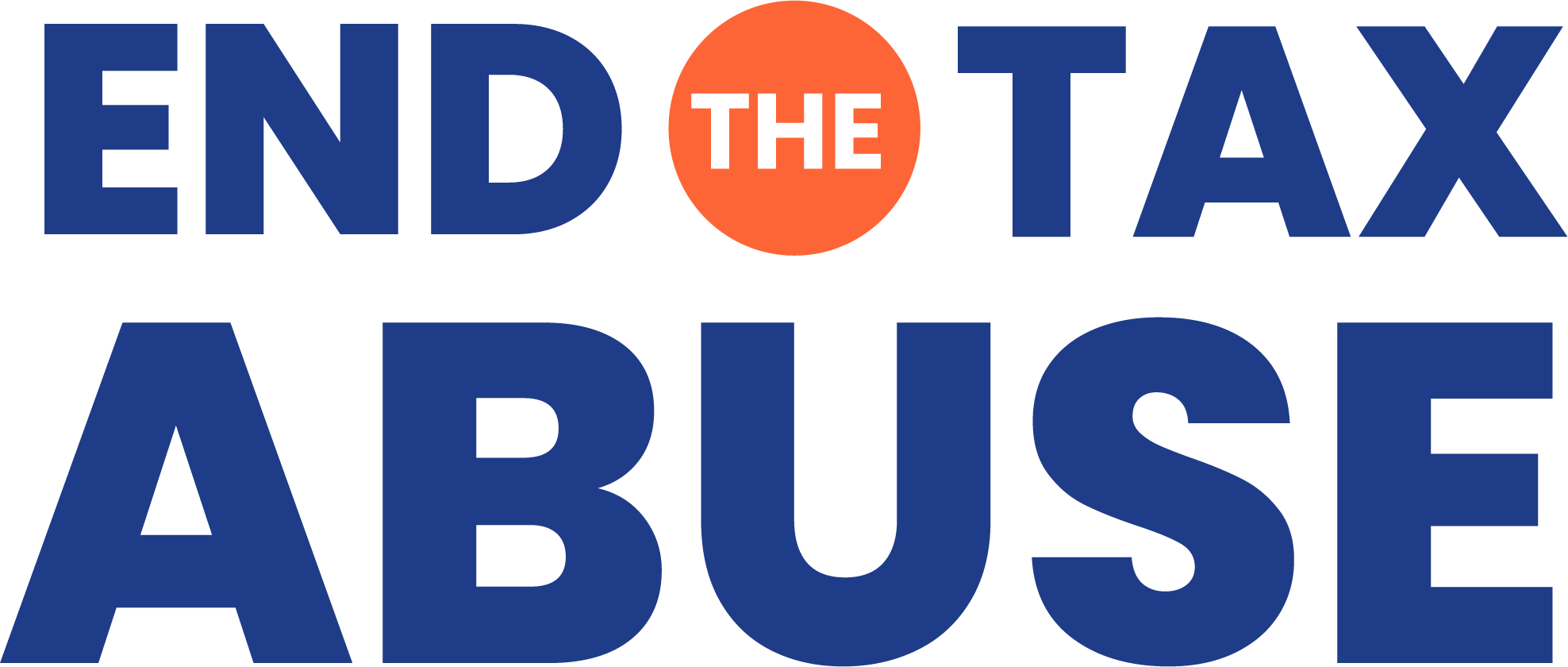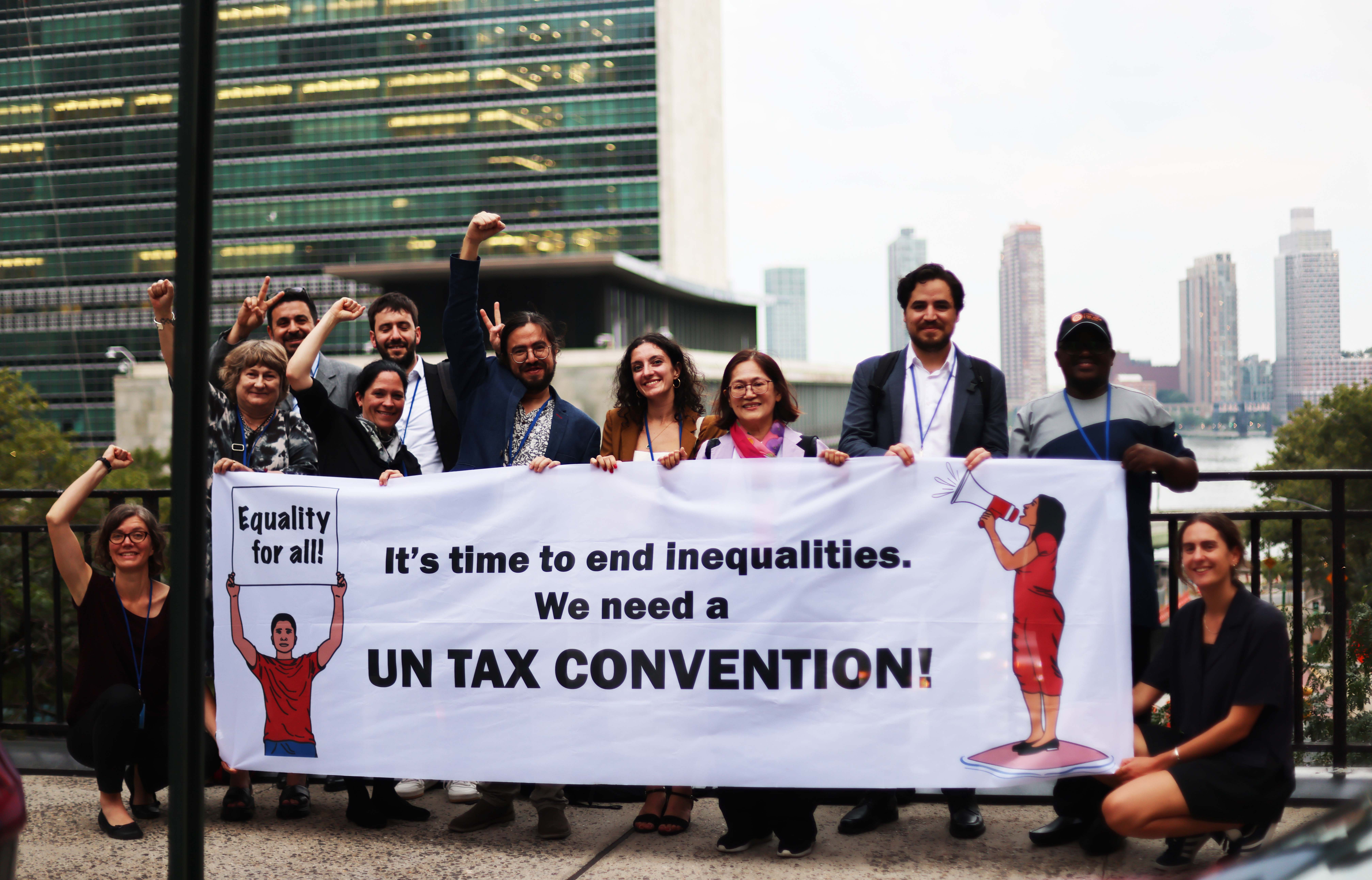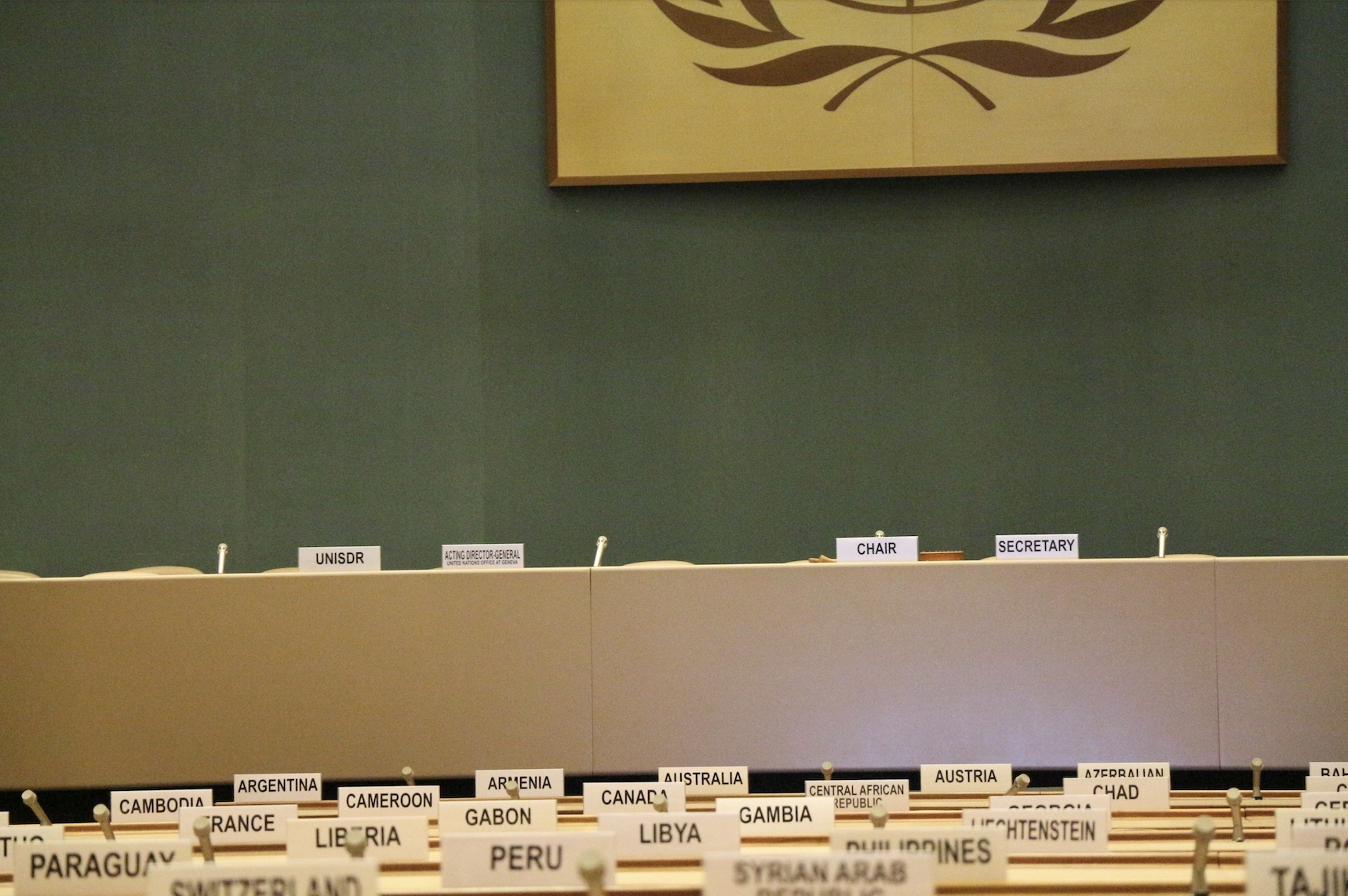
It’s a waste of money
It’s a Waste Of Money
It’s time to change the system!
- The problem
The Problem
Inequality is growing worldwide. According to the World Bank, we are seeing the biggest increase in global inequality and poverty since World War II. Meanwhile, financing for addressing development, humanitarian assistance and the climate crisis are stalling. In many countries around the world the social security net is weakening, causing more people to fall through the gaps.
The most vulnerable are paying the price for an unfair system designed to benefit the richest. By abolishing long-standing tax privileges and loopholes that benefit only the wealthiest, we can allocate more money to free, quality public services like education and healthcare.


International tax abuse is a matter of justice
- Since 2020, the richest 1% have captured almost two-thirds of all new wealth – nearly twice as much money as the bottom 99% of the world’s population.
- Billionaire fortunes are increasing by $2.7 bn a day, even as inflation outpaces the wages of at least 1.7 billion workers, more than the population of India.
- Food and energy companies more than doubled their profits in 2022, paying out $257 bn to wealthy shareholders, while over 800 million people went to bed hungry.
- Only 4 cents in every dollar of tax revenue comes from wealth taxes, and half the world’s billionaires live in countries with no inheritance tax on money they give to their children.
- A tax of up to 5% on the world’s multi-millionaires and billionaires could raise $1.7 trillion a year, enough to lift 2 billion people out of poverty, and fund a global plan to end hunger. (Survival of the Richest, Oxfam 2023)
UN Tax Convention
A global problem requires a global solution. Efforts to end the plight of international tax abuse have been fragmented and led by a small group in the OECD that has excluded most countries in the world. This democracy gap has created a situation where those who must implement the rules are not allowed to to participate in making them.
A new process for a global tax treaty at the UN presents a historic opportunity to fill this gap and change the international tax architecture. This will ensure that funds recovered from tax abuse and dodging are used to create a fairer system.
We need courageous leaders and the political will to create a system that works for the many, not just the privileged few.
This is no longer an option; it is a necessity. As inequality explodes around the world, redistributing wealth is the most effective way to address it.
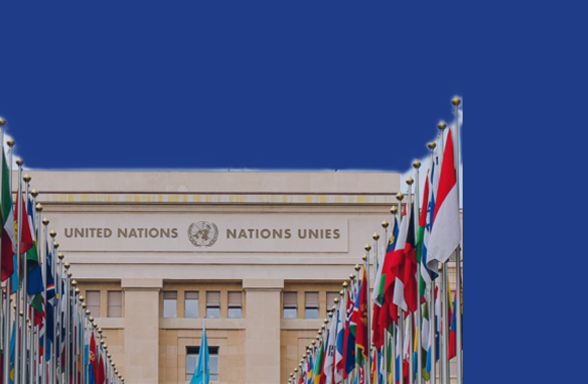
- UN Tax Convention
• UN Tax Convention
A global problem requires a global solution. Efforts to end the plight of international tax abuse have been fragmented and led by a small group in the OECD that has excluded most countries in the world. This democracy gap has created a situation where those who must implement the rules are not allowed to to participate in making them.
A new process for a global tax treaty at the UN presents a historic opportunity to fill this gap and change the international tax architecture. This will ensure that funds recovered from tax abuse and dodging are used to create a fairer system.
We need courageous leaders and the political will to create a system that works for the many, not just the privileged few.
This is no longer an option; it is a necessity. As inequality explodes around the world, redistributing wealth is the most effective way to address it.

- FAQs
“Tax revenue, either directly or indirectly, can support all rights. It provides funding for health and education, gives us access to public transport that takes us to work and back home safely, helps us see family and friends, and enables us to buy daily necessities like food. Tax revenue also pays for less obvious things, such as a well-functioning justice system and the administration of effective laws and government.” — Tax Justice Network, 2020
However, the world is losing billions each year due to international tax abuse. According to a 2023 report by the European Tax Observatory, a staggering one trillion dollars—the equivalent of the combined gross domestic product of Denmark and Belgium—is the profit that the world’s largest corporations transferred to tax havens in 2022 alone.
Corporations and wealthy elites are fuelling global injustice by exploiting an imperfect system with multiple loopholes for tax evasion and avoidance. Financial secrecy, international tax dodging, and tax abuse are undermining our prospects for achieving the Sustainable Development Goals (SDGs), meeting climate finance pledges, and preparing for the next pandemic.
We need to fundamentally change how taxes are collected globally. We must build a system where everyone, whether individuals or corporations, pays their fair share of taxes.
International tax rules have been established behind closed doors by what many describe as a Rich Countries’ Club—the Organisation for Economic Co-operation and Development (OECD).
The OECD has made numerous efforts to combat international tax abuse, most notably through the OECD/G20 Inclusive Framework on Base Erosion and Profit Shifting (BEPS). Pillar One of BEPS aims to make the world’s largest corporations pay more taxes in the countries where they earn profits. Pillar Two seeks to establish a global minimum tax rate.
While this initiative is a good idea in principle, it has three fundamental problems. Firstly, the OECD, with its 38 member countries, faces a representation problem in rule-setting, raising concerns about democratic legitimacy.
The initiative is criticized internally by G20 countries as being mainly driven by the OECD secretariat. Non-G20 countries, which are most affected by BEPS, have even less influence and are expected to act as mere implementers.
Secondly, the OECD’s membership includes some of the world’s biggest tax havens. Analysis shows that OECD members are responsible for three-quarters of the world’s tax losses. With Pillar One, the G7 and EU would gain two-thirds of recovered tax revenues, while developing countries would receive only 0.02 percent in additional tax revenues.
Thirdly, Pillar Two lacks ambition. If implemented in its current form, it would require multinationals to pay a 15% tax on global profits, far below the 30% recommended by civil society advocates.
Clearly, the system the OECD has put in place is not adequate to solve the problem.
Economic imbalances between rich and poor countries are not inevitable, and international tax abuse is not a law of nature but a policy decision.
Most past and present negotiations in OECD bodies have been primarily technical and conducted by technocrats. Discussions at the UN General Assembly, however, offer an opportunity for political ambition and support.
The UN Tax Convention process also presents a chance for fresh thinking about the issues at hand and can foster new alliances. Additionally, the new international treaty could follow the UN General Assembly’s voting rules rather than seeking consensus at the expense of effectiveness.
- Who we are
Who We Are
The campaign is led by a group of faith-based organisations members of the ACT Alliance working to achieve tax justice to help the most vulnerable communities across the world live with dignity.
